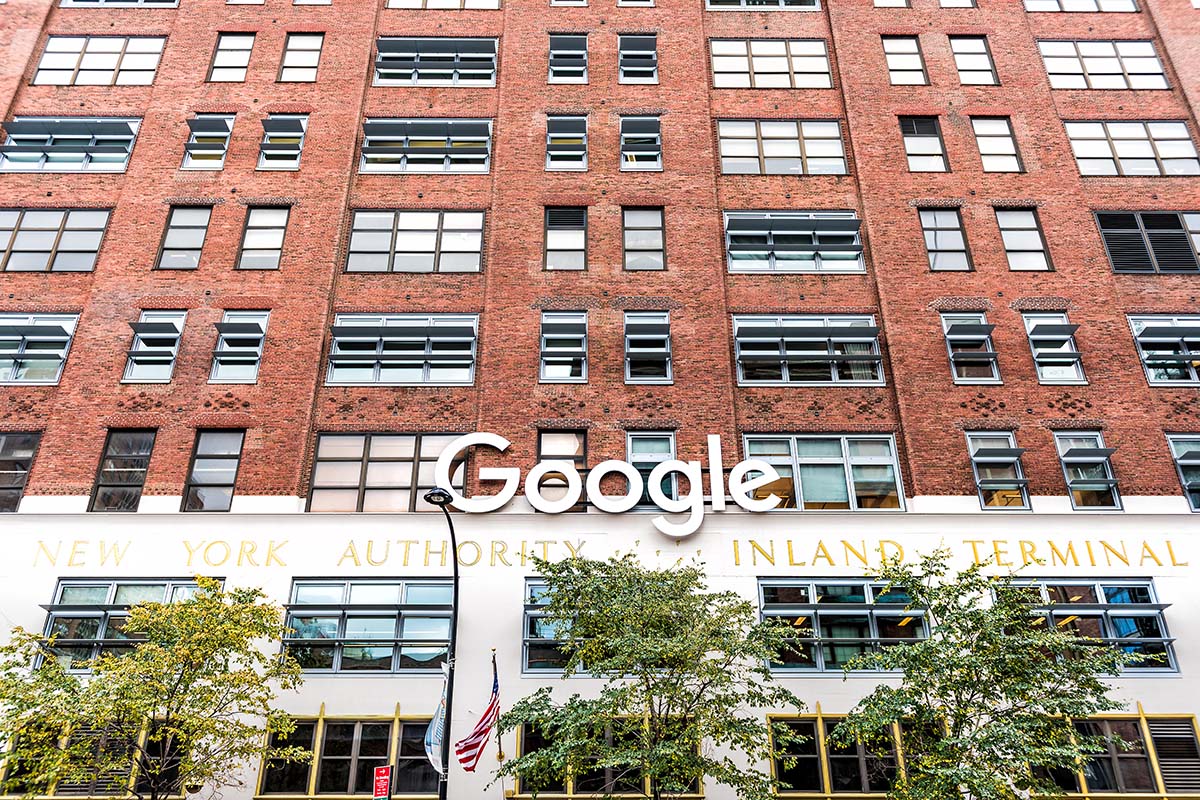We’re continuing to see the many powerful applications for AI. Along with potentially useful creative tools, AI excels at data collection and parsing. Now, we’re seeing that algorithmic power combine with marketing expertise to create a personalized and relevant customer experiences for small businesses. Rosewood will explain what personalization and relevance in marketing are, and how AI is a powerful tool for a marketing team to create personally relevant marketing for any customer or client experiences.
Personalization, Relevancy, and AI in Marketing
Personalization has been a major tool in marketing for over a decade. It emphasizes marketing that communicates personally to the individual members of your audience over broader, more general marketing campaigns that lack a specific target. While this might include one-off custom communications or exchanges, it can also be automated. For example, emails or messages can automatically address receivers by their first names.
Overall, customers have come to expect personalized experiences that respect their individuality and interests. At least 71% of customers expect a personalized experience, and a greater 76% are frustrated when they don’t have one. Personalization has also demonstrated an average 10-15% revenue lift, which increases to 25% for direct to consumer businesses. These individualized experiences create stronger personal connections, which lead to more customers and clients returning for more purchases and services. This is where small businesses can excel over larger companies that typically provide more generalized customer experiences.
Thanks to AI, more complex and valuable data can be gathered from users to create even more personalized marketing that is relevant to customers’ interests and experiences. This is why relevancy has become an essential marketing criterion alongside personalization. These algorithms and AI automations can consider browsing history, page time, social media data, and more. Marketers can then use this information and tell these programs how to generate product recommendations, personalized notifications, curated packages, communications, and more. These AI help your business understand the true, individual interests of each of your customers so that any marketing that reaches them is relevant.
Where AI Can Help with Personalization and Relevancy
As we’ve covered before, AI is a general term. It’s recently become the common title for various programs which can learn from data to accomplish more complex tasks. For personalized and relevant marketing, these AI can sift through an overwhelming amount of user information that would take far more time for a human. That’s why AI is a powerful tool for small businesses who usually won’t be able to dedicate a person to poring through this information. Instead, AI is a valuable tool for your marketing team to build effective strategies for relevant marketing campaigns. We’ll go over some of the most effective uses of AI in personalized marketing.
E-Commerce Tracking
When customers are on your website or digital store, AI software can track what they browse and for how long. It will also track any purchases, wishlisting, shares, etc. This tracking isn’t especially new, but more developments in machine learning allow AI to start grouping and interpreting the data. All that behavioral information from many customers, allows an AI to develop customer groups and profiles according to their interests and various other demographics like age and area. These can then be used for a plethora of personalized and relevant marketing strategies.
Relevant Email Marketing
With this detailed profile generation, AI can then begin to automatically message subscribed customers about product recommendations or send communications that are more relevant to their interests. This will still require a human to create and design the message and templates. However, the AI can take over the busy work of adding appropriate products and sending the emails off.
Your marketing team can also use these AI-generated profiles to analyze your audience and segment your email recipients to start creating emails more relevant to each group’s interests. This will lead to more opens and clicks, since they will better grab your audience’s attention. Again, AI can’t quite handle the creation process itself. Human expertise is still necessary for effective personalized marketing.
Personalized Website Customer Experiences
By tracking their ecommerce behavior, AI incorporated into your site can start to tailor customers’ website experience to be more relevant. Products listed on the front page or recommended to them at other browsing stages can be specified to their personal interests. This keeps them in your store and more likely to purchase, since they will continue to see what is relevant to their interests in your business.
Personalized Chatbots
Customer service is an important part of your daily, individualized marketing, and instant messaging through your website, social media, and SMS has become a fundamental customer service tool. Those messages can also be overwhelming and chatbots can help manage the flood. However, they are also often robotic and simple. Current advances in AI famously happening with Chat-GPT and Google Bard are allowing chat bots to accomplish more complex tasks and communications. They can address the customer by name, and even potentially pull up their profile’s information. They aren’t quite at the level of replacing a human’s social finesse or able to handle more complex inquiries. However, they have made great strides where simple interactions can be accomplished entirely automatically for a pleasant and personalized customer experience.
Don’t Forget About Human Expertise
AI technology is currently surging in its development and it’s still hard to see where it will end up in the coming months and years. It’s already showing it’s a powerful tool for personalized marketing, but don’t let it completely override the human touch of your business either. Ultimately, personalized connections are human ones, and customers want that human connection with your business. Similarly, AI is still limited in its abilities. Analyzing information, writing messages, creating visual content, and more still require human ingenuity and expertise. If you want to talk more about how you can strategize and incorporate AI into your digital marketing, ecommerce, or web design, be sure to contact Rosewood Marketing.



